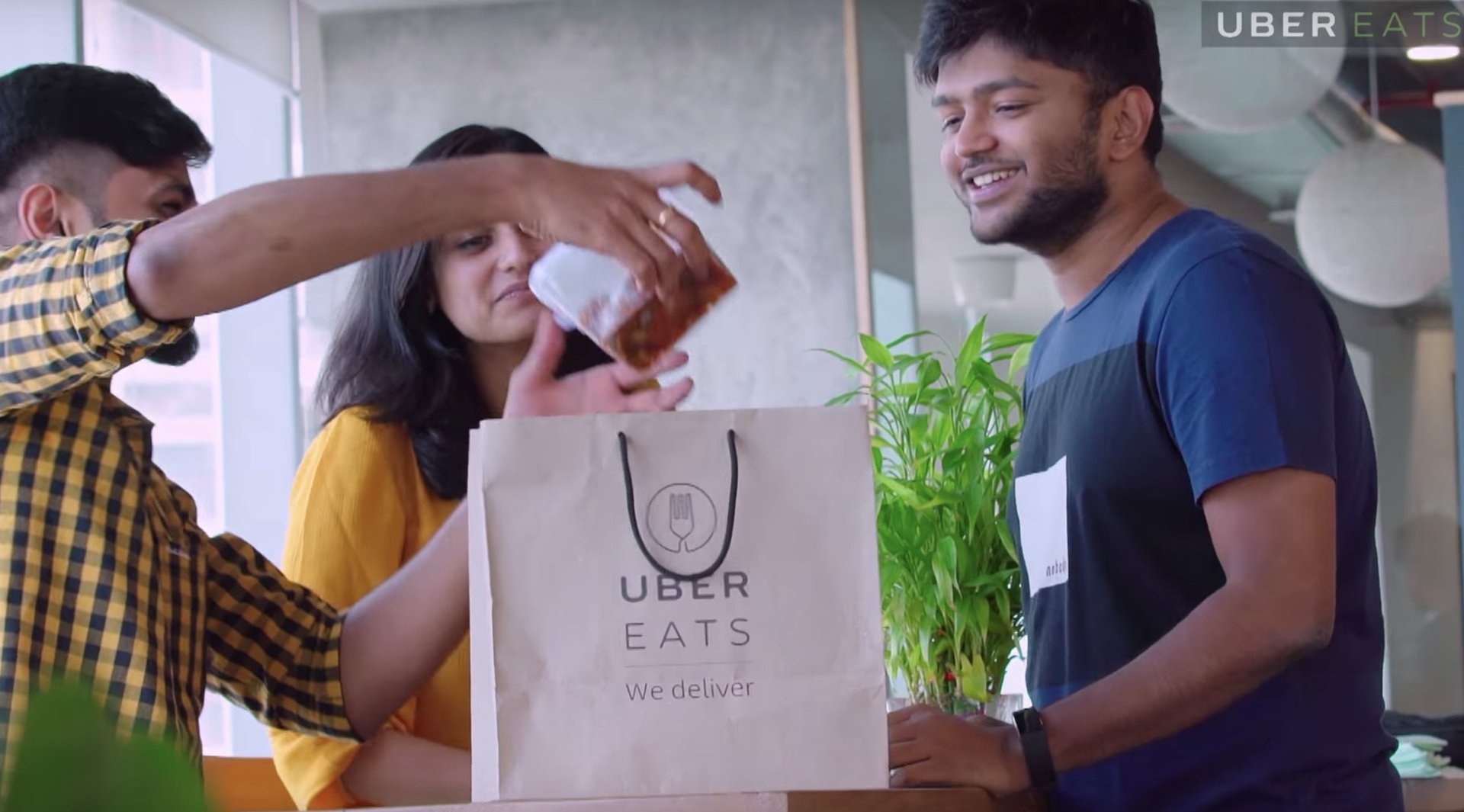If Uber’s global record is anything to go by, it was bound to exit Indian food delivery
Uber Eats’s exit from India may be part of a larger strategy the company has deployed the world over.


Uber Eats’s exit from India may be part of a larger strategy the company has deployed the world over.
On Jan. 21, Uber sold its food-delivery business to Gurugram-based Zomato. The “divestiture is similar in nature to some of Uber’s prior deals when the company sold off regional operations to competitors such as Didi, Grab and Yandex in exchange for minority stakes in each business,” American investment bank Cowen said in a note on Jan. 22.
During its Q3 earnings call in November 2019, Uber CEO Dara Khosrowshahi had said Uber aims to be “number one or number two” in all markets it operates in. If it can’t do that, it will withdraw.
History repeats
The precedent of quitting markets where success is low has been the norm for Uber.
In 2016, Uber left China after selling its business to market leader Didi Chuxing. The next year, it sold its business to Grab in southeast Asia. In 2018, it merged with Yandex in Russia. In September 2019, Uber Eats exited South Korea in the face of stiff competition.
There’s definitely some scope for Uber to curb losses after forging the deal with Zomato. After all, Uber Eats was a money guzzler given its strategy of deep discounting for customers, high commissions for restaurants and generous wages for riders. The strategy “might have worked had Uber Eats had a sustainable profit model, but it didn’t,” team leader Viroop Narla and research analyst Sujith Unnikrishnan, wrote for business consulting firm Frost & Sullivan.
In August 2019, Cowen’s analysts estimated that Uber was losing $3.36 on every order. They projected that the loss would shrink to $0.46 per order by 2024 but shared no timeline on when the business would turn profitable. India has remained a black spot, posting operating losses of Rs2,197 crore between August and December 2019.
Another similarity between Uber’s exit strategy from other markets and the food delivery segment in India is that the company bought a stake in a rival business to ensure it doesn’t completely miss out on the opportunity. Today, the San Francisco-based firm’s holdings in Didi, Grab, and Yandex are collectively worth a cool $12.5 billion on paper, with at least $3 billion in gains so far.
In exchange for Uber Eats’s India operations, the ride-hailing behemoth picked up a 10% stake in Zomato, which commands 55% of India’s food-delivery market share. This could help the company that’s struggling to make money.
And investors definitely acknowledged it. Uber’s shares were up around 7% on the day it announced the sale in India.